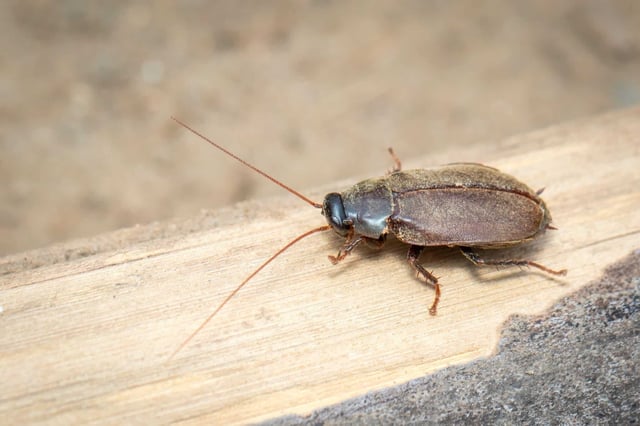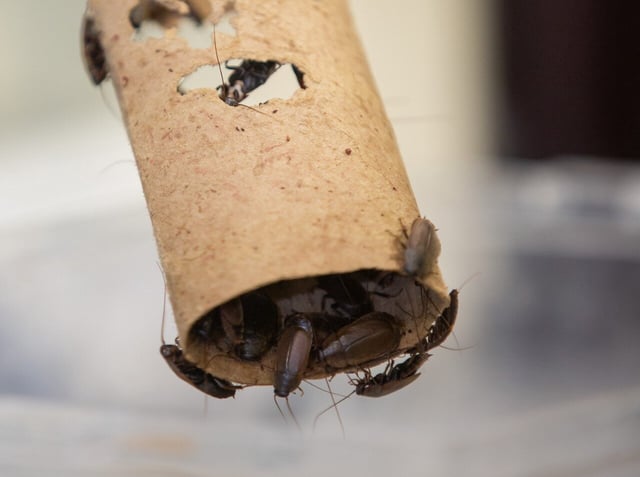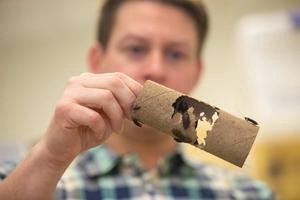Overview
- Pregnant Diploptera punctata display increased sleep needs similar to those of pregnant mammals.
- Researchers induced sleep deprivation by gently shaking roach enclosures for brief periods during normal rest cycles.
- Most sleep-deprived mothers carried embryos nearly 25 days longer than undisturbed counterparts.
- Disrupted rest led to a roughly 50% drop in transcription of milk proteins vital for embryo nourishment.
- Despite these gestational and nutritional stresses, the total number of offspring produced remained consistent.


